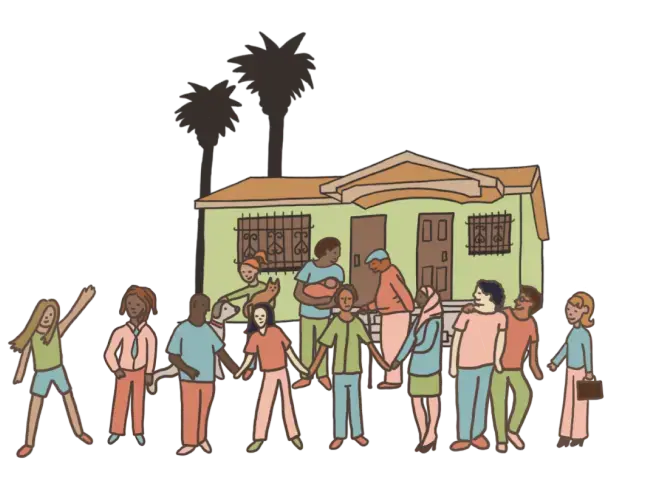What is an Eviction?
The eviction process is controlled by California state law.
Laws for Your Area
Enter your address to see the laws most relevant to where you live, or scroll down to see all the different local laws.
Stay Connected
Join our email newsletter to get updates on new laws and programs that help tenants stay in their home.

